blog
Interview with photographer Alexey Vasilyev
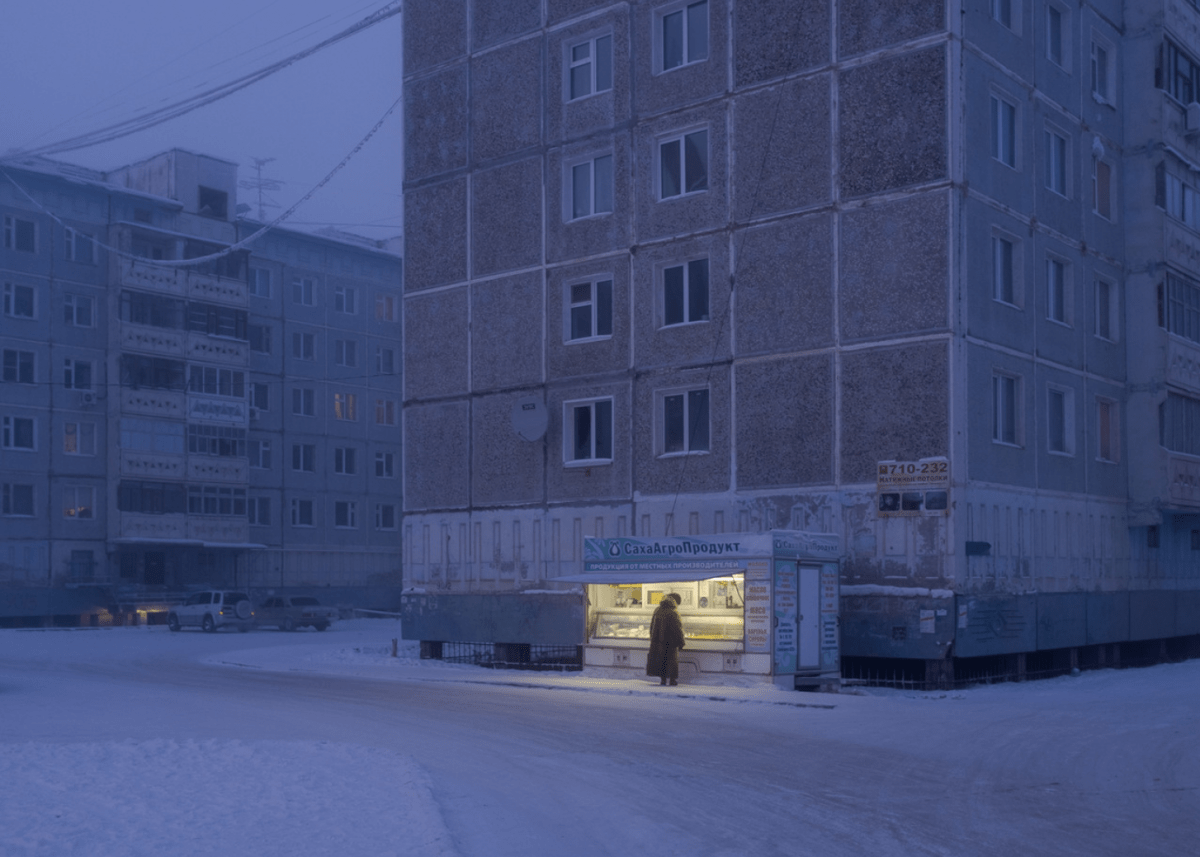
Cary Benbow (CB): Why do you photograph? What compels you to make the images you create?
Alexey Vasilyev (AV): I take pictures because I know how to do it, and it would be silly not to do something that you can do the best of all. At least, I want to believe that I know how to do it and should keep doing it. Now I photograph less than before, but it’s not that I’ve lost interest in it. In fact, when a person is deeply immersed in something, he wants to understand what he is doing. To paraphrase my favorite writer Dostoevsky: life is a mystery. It needs to be solved, what I am doing with the help of my camera, because I want to be a human and a photographer.
CB: How did you become a photographer? What was your start into photography?
AV: I worked as a writing journalist for a long time, but honestly, I could not love this profession. And when there is no love – there is no point in doing it. Photography became my first love. At first, I used to shoot for my feed on instagram, just to kill time, but gradually it grew into a need of my soul.
CB: Can you please explain the idea behind your portfolio images submitted to this issue? How do they relate to your other projects, or how is it significantly different?
AV: All my images are connected with one place, Yakutia. This is where I was born and live, and probably die. Therefore, projects that are created or are in the process of creating are closely related to each other. They should convey to the viewer sensations, impressions about life, time, people through the prism of my experience and consciousness. This is the main idea of all my images. I love my region, but at the same time I understand that life here is not easy, it’s not only in the climate, but also in the economy, however, I do not want to force the viewers into all this too deep, first of all I want them to feel my tender love for the severe region.
CB: In your opinion, what makes a good photograph?
AV: A good photo should affect the consciousness of even the most sophisticated viewer. It can cause questions that arise during considering images, emotions, positive or negative, in general, any feelings except of boredom and indifference.
CB: Do you feel there is a significant difference between reportage/journalistic style photography versus “documentary” photography? Do you feel your work falls into either of those categories, or do you feel comfortable categorizing your work in that way?
AV: The difference may be in the methods of work between these genres, but in general the point is the same – to tell about some specific problem that worries the author, and he considers it necessary to share it with the world. However, documentary photography requires more thorough, long and deep immersion than reportage/journalism. Documentary photography, in my opinion, appeals primarily to the feelings of the viewer, it should hit the heart, while the tasks of reportage photography are more pragmatic, it should clearly show the facts from a certain scene or situation.
CB: How do you talk about your project with the people you photograph? What do you feel are the obligations of a documentary photographer or to the people in your photos?
AV: People who get into my frame feel strange that I photograph them as they are: ordinary, not outstanding, instead of mostly photographing beautiful girls. When they ask why I work this way, I usually say that I am a writer and am writing a book about Yakutia and about people; and instead of words I prefer to use photos. This answer usually seems to satisfy everyone. Apparently, writers are more valuable than photographers.
I believe a documentary photographer should be honest with the objects one shoots, and should be honest with oneself. I do not take up the topic if it is not interesting to me. I do not shoot people if I feel indifferent to them. It is important to feel some inner connection with what or whom I will shoot; without this connection I do not take the camera.
CB: Who are your photography inspirations?
AV: I admire the personality of the great photographer Sebastiao Salgado. For me it’s not just a photographer, it’s a person. In 1998, after returning from Rwanda to Brazil and seeing that the places that had been a forest with dense vegetation and rich wildlife during his childhood turned into a desert, Salgado decided to re-grow the forest and did so. For me – he is a living example of what a person should strive for, who has put his life in the name of serving humanity. That is, you can take pictures all your life, talk about current problems and conflicts, but what have you done personally, in addition to photography, to change this world for the better? I realized that it is not enough to be just a good photographer, it is much more important to become a good person like Salgado.
CB: What inspires you to make images and work on your projects? Is there a larger theme or idea behind the work?
AV: I like to think that I’m doing something important that goes beyond just the personal level. If not now, then a hundred years from now, people will look with interest at those who lived before them, at the way they lived. So to some extent I try to work for our descendants.
CB: Your statement posted on your site for ‘My Dear Yakutia’ talks about the sense of feeling bored, and perhaps isolated. Let’s talk about how a place so physically remote can also be experienced globally by the internet.
AV: I used to say that life in Yakutia is quite boring, but this should not mean that I give it some negative meaning. Sometimes I think it’s great to live in Yakutia – damn far and damn cold, but other than that, there is something else that can elude attention. This is the beauty of everyday life, its unique atmosphere, a kind of way of life, that’s what I’m trying to catch in my photos, and not to state only the fact of presence. I think the Internet viewers catch my message and respond with mutual love for Yakutia.
CB: If that is the case, then do you feel isolated in the larger artistic photographic community?
AV: Sometimes – Yes. No matter how big the Internet is, where you can find anything and anyone, it will never replace the possibility of live communication, visiting the museums, festivals. I really miss that. Therefore, I feel somewhat backward, unlike my colleagues who live in Moscow, St. Petersburg, Europe, the United States, where something happens regularly in the world of art. Yakutsk is a small city with a population of just over 300 thousand people, there are no events for photographers who are engaged in documentary or art photography. Photographers who could share their experience in the master classes arrive here very rarely, everybody has to learn on their own.
CB: What advice would you give to someone who wants to take on projects like yours?
AV: To shoot a project, you need to spend a lot of time in a place to feel its depth, only then you can truly convey this elusive atmosphere in the photos.
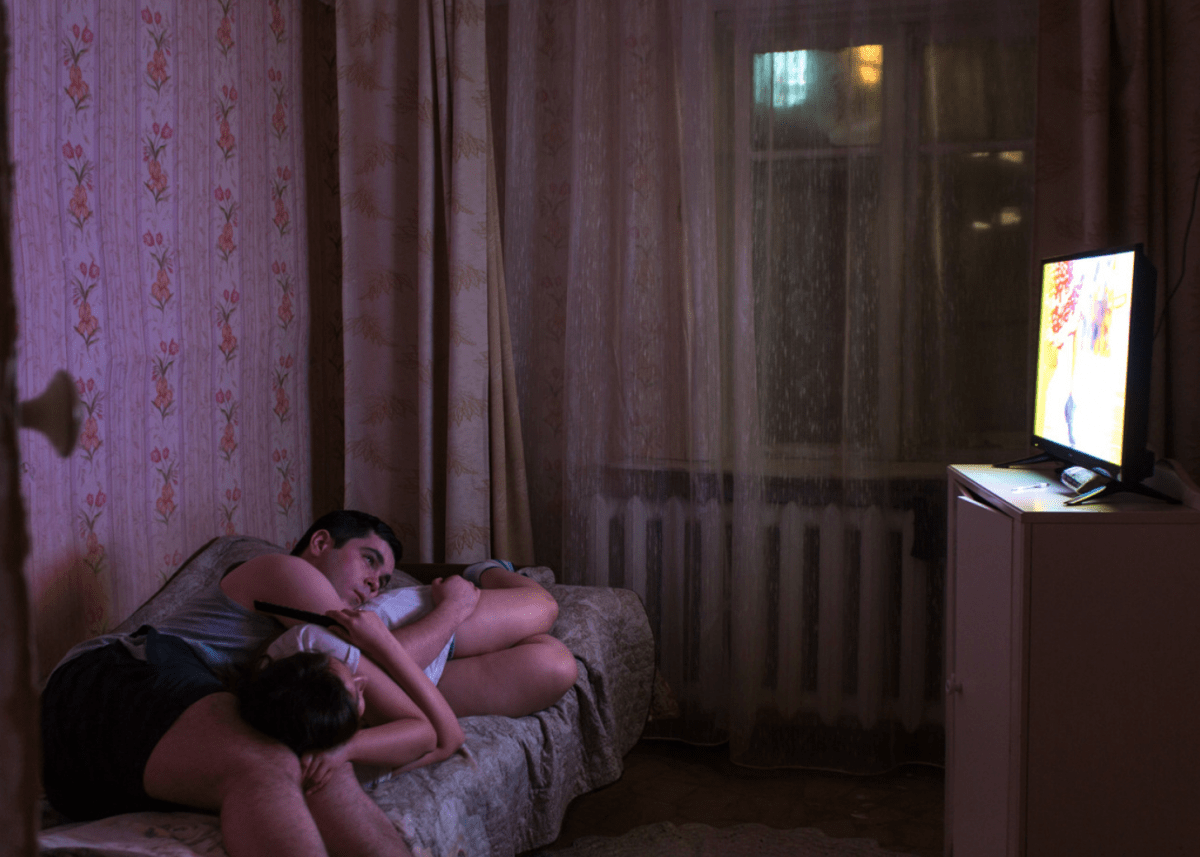
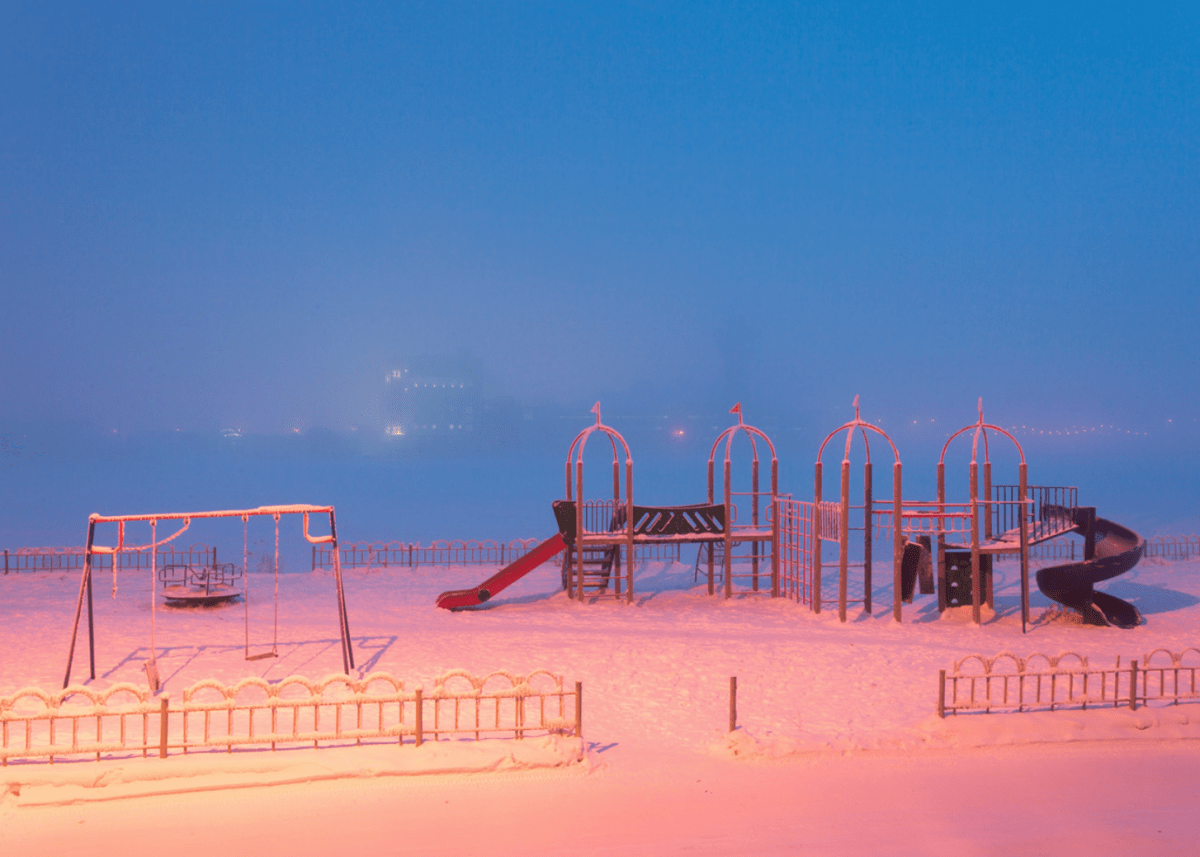
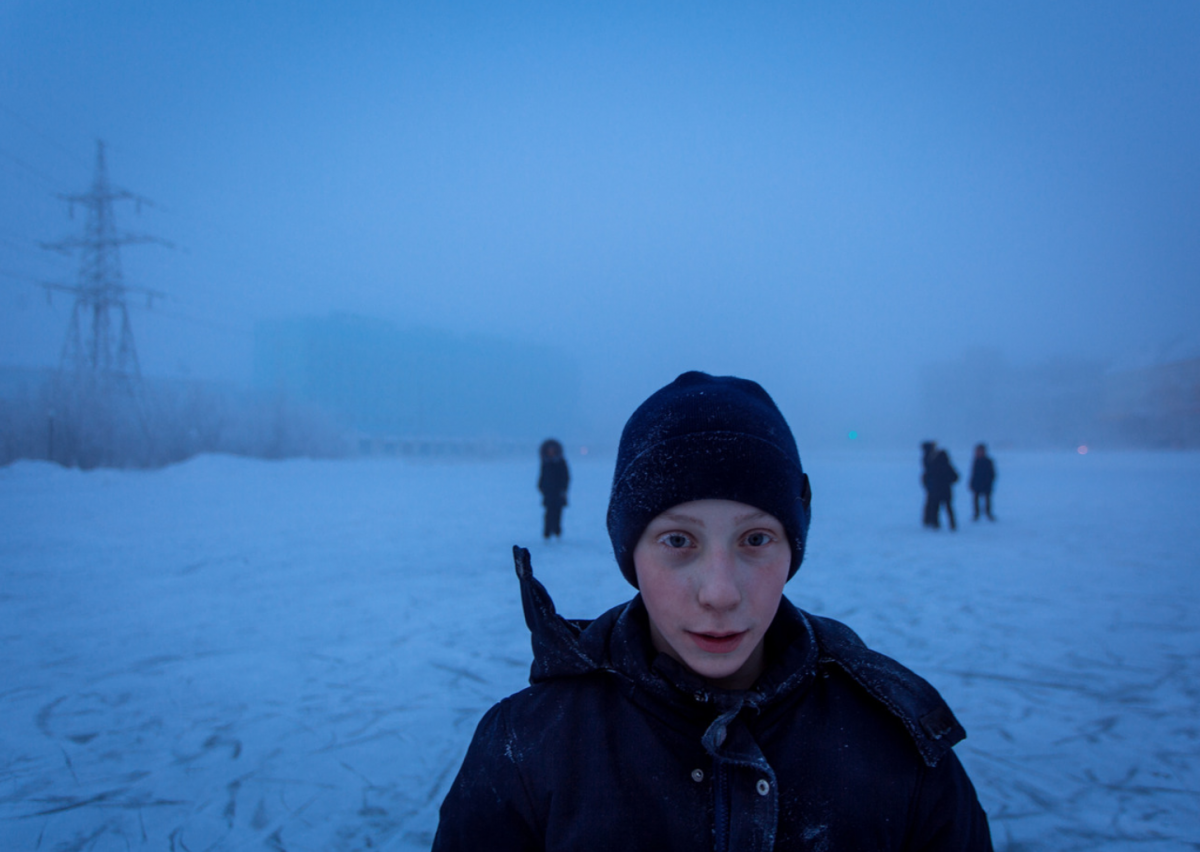

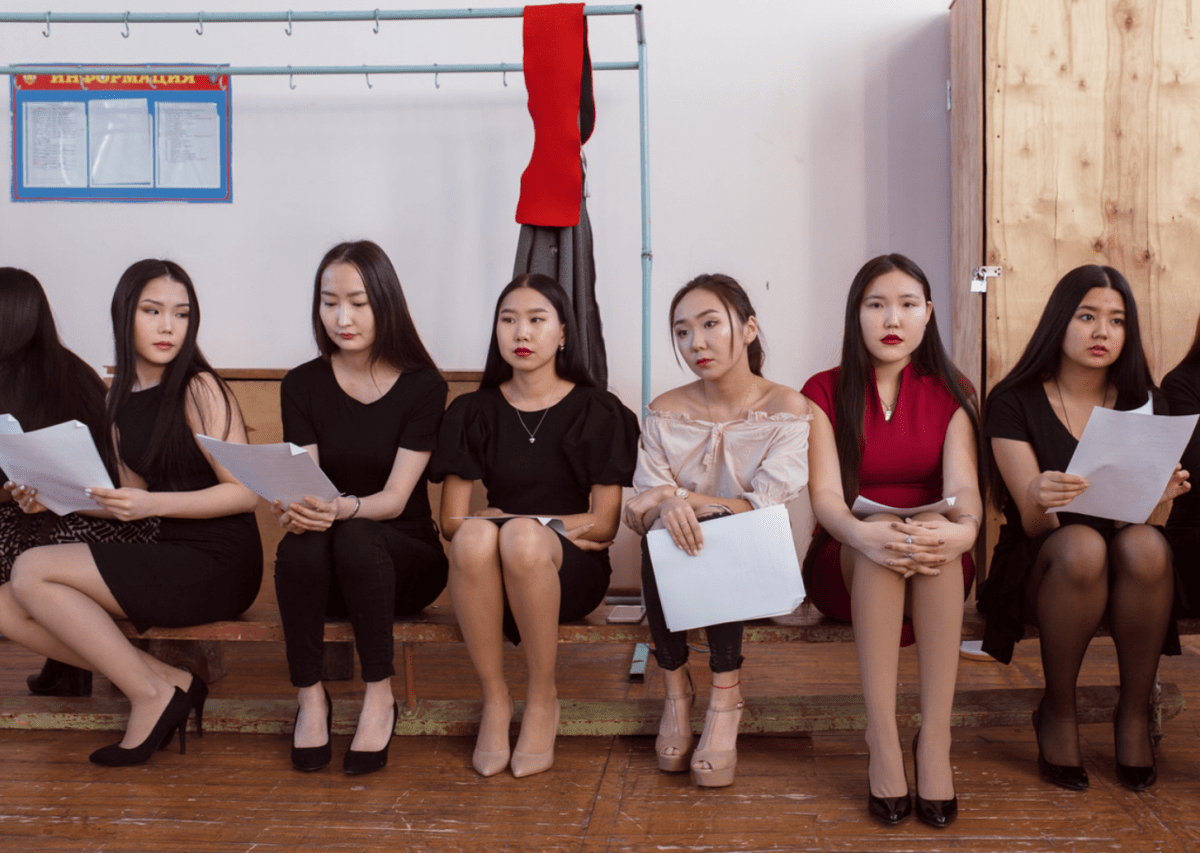
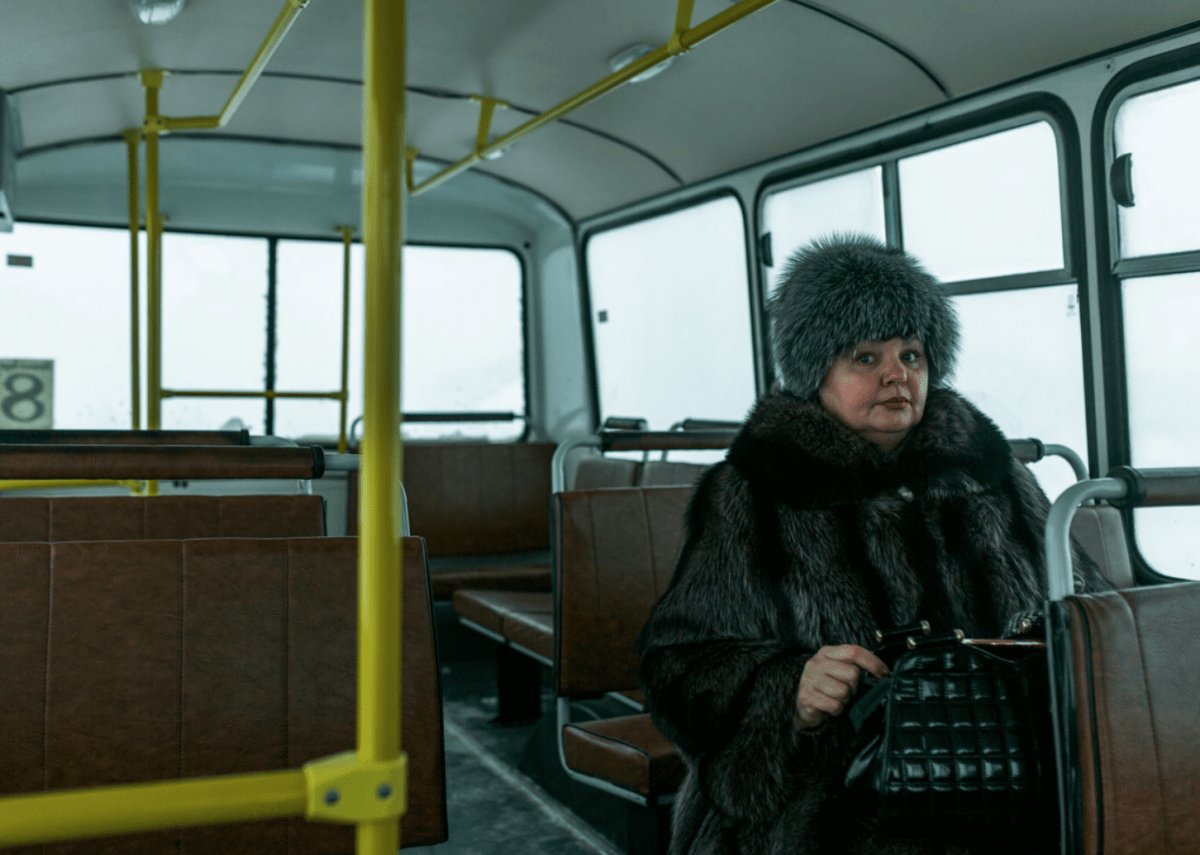
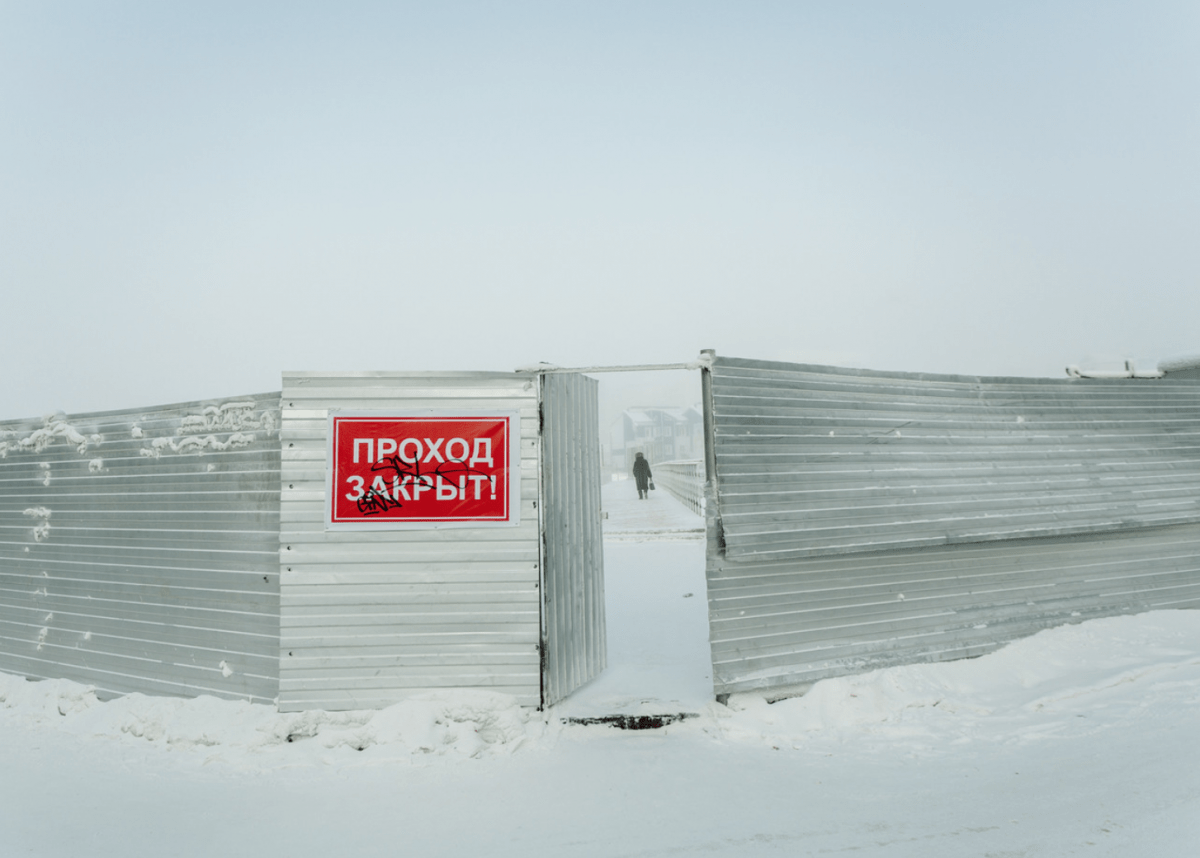
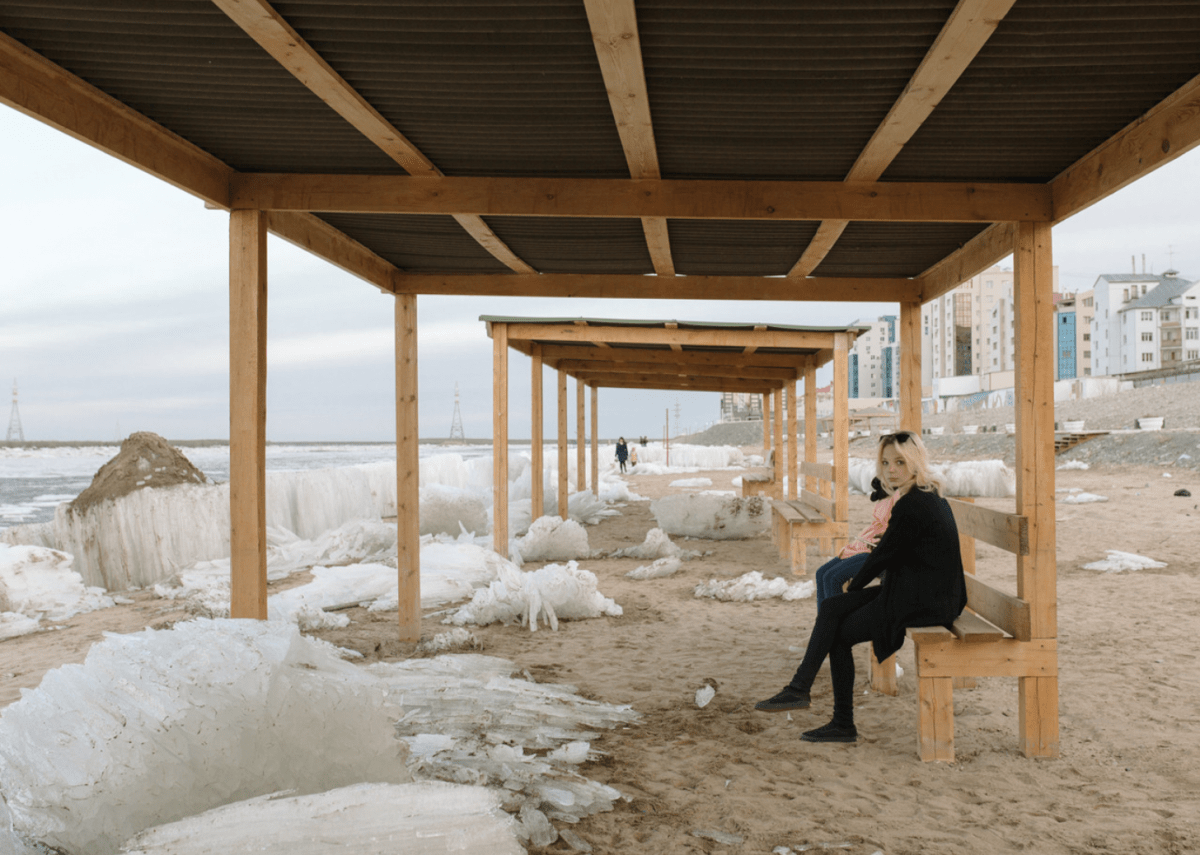
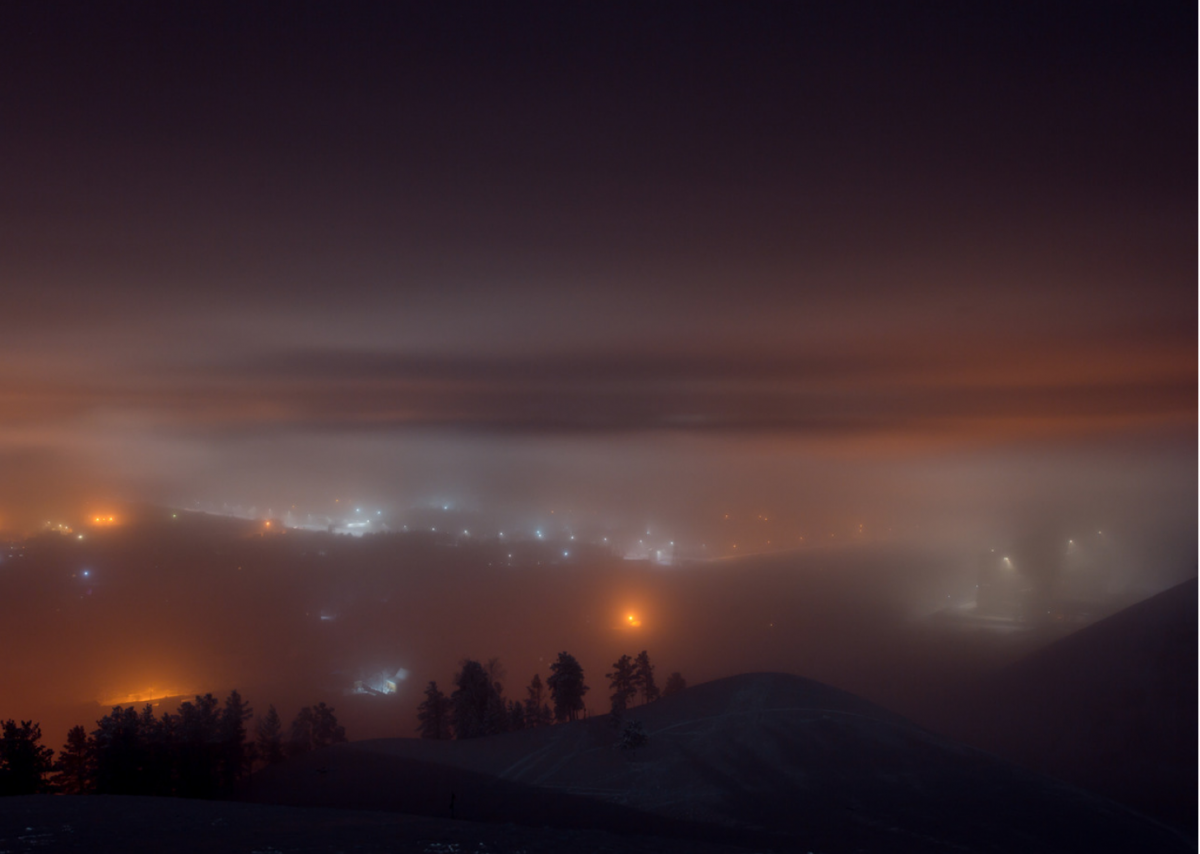
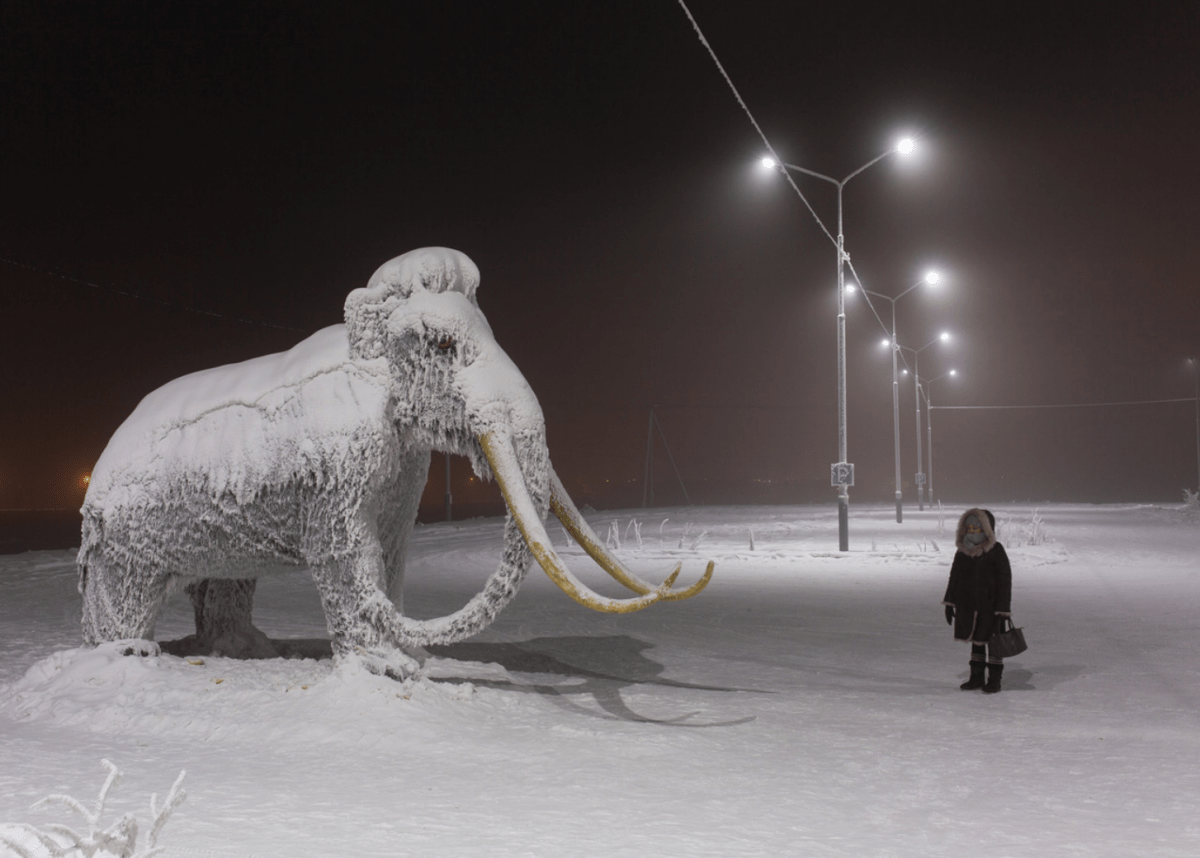
Alexey Vasilyev is a Russian photographer who was born, and currently located in, the Republic of Sakha (Yakutia). Yakutia is the coldest inhabited region in the world, with 40 percent of its territory lying north of the Arctic Circle. He is a member of the Russian Union of photographers, and his work has been featured in The Guardian, National Geographic (Russia), Wired, Calvert Journal, Meduza, It’s Nice That, Takie Dela (Russia), LensCulture, MoscowTimes, MyModernMet and others.
In his documentary works he focuses on the daily life of people in the far North and their national identity in the global world.
To see more work by Alexey Vasilyev, visit his website at https://alexey-vasilyev.com/
Images shown here are © Alexey Vasilyev, and are from the project ‘My Dear Yakutia’. Used with permission.
Location: Online Type: Featured Photographer, Interview
Events by Location
Post Categories
Tags
- Abstract
- Alternative process
- Architecture
- Artist Talk
- artistic residency
- Biennial
- Black and White
- Book Fair
- Car culture
- Charity
- Childhood
- Children
- Cities
- Collaboration
- Community
- Cyanotype
- Documentary
- Environment
- Event
- Exhibition
- Faith
- Family
- Fashion
- Festival
- Film Review
- Food
- Friendship
- FStop20th
- Gender
- Gun Culture
- Habitat
- Hom
- home
- journal
- Landscapes
- Lecture
- Love
- Masculinity
- Mental Health
- Migration
- Museums
- Music
- Nature
- Night
- nuclear
- p
- photographic residency
- Photomontage
- Plants
- Podcast
- Portraits
- Prairies
- Religion
- River
- Still Life
- Street Photography
- Tourism
- UFO
- Water
- Zine

Leave a Reply